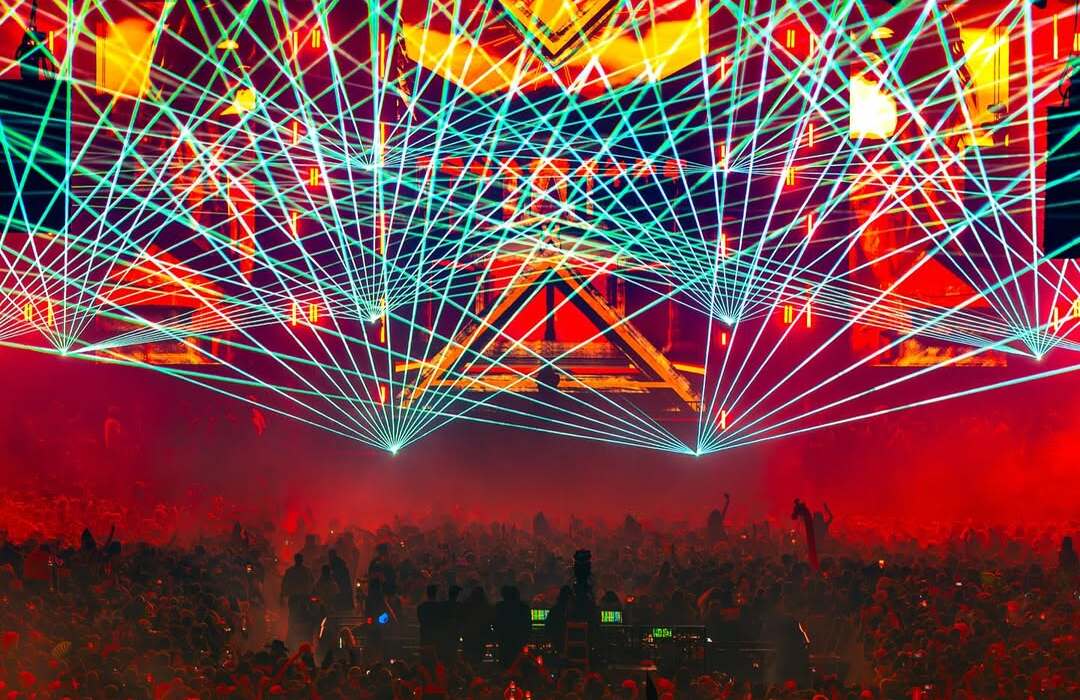This month in 2002, over 15 years ago, the first episode of Naruto debuted in Japan. It would release outside the country until 2005, but quickly gained popularity both abroad and domestically. The series ran until 2007 only to be continued the same year by its sequel Naruto: Shippuden, which concluded in 2017. During the large part of the 2000s and early 2010s Naruto was legendary and held high esteem as one of Shonen Jump's "Big Three," a community term for the three most prevalent shonen series at the time, the other two being Bleach and One Piece. At the peak of its popularity, it was inescapable both in the anime community and the larger online sphere.
But in spite of its tremendous popularity, Naruto now feels like a franchise that has fallen to the wayside. This is in part due to its full sequel Boruto: Naruto Next Generations, that has been scrutinized by new viewers and hardcore fans alike for what's considered a severe dip in quality from its predecessor. But even before Boruto's inception, the series had already found itself on a very steep decline.
To fully understand Naruto's fall from grace, it's important to note what made the series so appealing in the first place. From the start, the strongest aspect of Naruto was its fights. This sounds a bit obvious with it being a battle shonen, but even amongst its peers, the show's face-offs were exceptional. Naruto vs Neji, Rock Lee vs Gaara and Naruto vs Sasuke -- pick one -- are just a few examples of intense fights that have remained iconic and are still held in high regard despite their age. And this is just in the original series. Shippuden had a number of equally incredible confrontations with the debut of the Akatsuki and of course the final battle between Naruto and Sasuke. In fact, the entirety of Shippuden boasts some of the best fights in the entire series.
What made these encounters stand out so much was their emphasis on tactics and strategy, especially in the pre-Shippuden period. Rather than winning by sheer power or brute force, characters won their fights through experience and brains. These were also some of anime's best choreographed and most well-animated fights at the time, making Naruto truly stand out as a go-to for action even when its story lacked at times.
As far as plot went, Naruto's was certainly passable with an interesting premise and some compelling early conflict. But above all else, what truly sold the show was its characters. Its main trio were incredibly charming, with a dynamic that made their journey worth following. In its expansive world, every side character was notable and had unique abilities and personalities to set them apart. Throughout the original series, especially in arcs like the Chunin Exams and the Sasuke Recovery Mission, everyone had a chance to stand out and cement themselves as a valid member of the cast. At the start, Shippuden maintained this trajectory and its initial arcs continued to offer compelling moments that developed these characters further. But as the series went on and eventually reached its enormous level of popularity, there was a very rapid shift that led to the series' decline -- and it began with the end of the Pain arc.
Considered by many to be the franchise's peak, the Pain arc was the conclusion to the larger Akatsuki conflict that continued from the original series. It didn't disappoint, with iconic moments and resolutions to several past plot points. But this beloved arc was tainted by a fumble that prevented it from ending cleanly.
Due to budget constraints, the final confrontation between Naruto and Pain saw a severe dip in animation quality, making for a fight that's a running joke to this day. While it certainly wasn't an unforgivable offense, this blight on an otherwise fine arc marked the beginning of a downward trend for the series. The story would transition to the infamous Fourth Shinobi War arc, which was responsible for making a majority of the cast irrelevant and featured fights bloated with filler episodes. The overarching story was never the strongest aspect of the series, but the quality of its telling dipped beyond excusable. It was at this point that Naruto met a demise that it never fully recovered from.
Naruto is an example of a series that never quite delivered on expectations. Its last arcs were incredibly dragged out and not on par with their predecessors. While its ending gave a degree closure for its main characters, the magic simply wasn't there anymore. The true tragedy of Naruto lies in its inability to produce a final product that lived up to what its massive community wanted from it. But despite its issues, it remains a monumental series whose positives outweigh its flaws.


